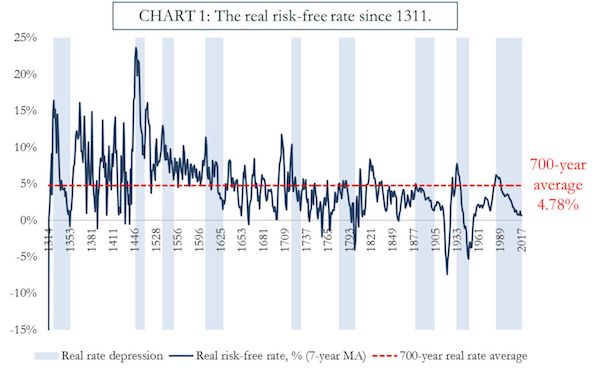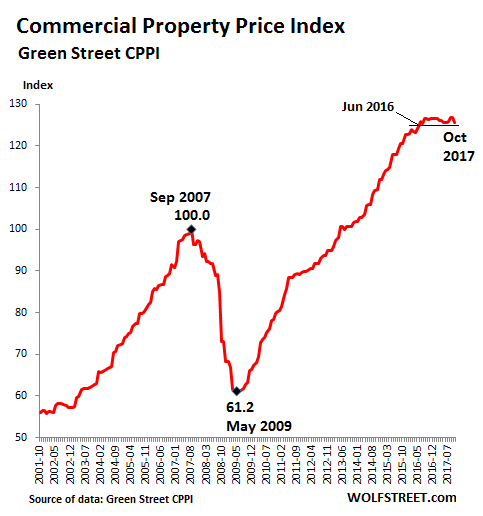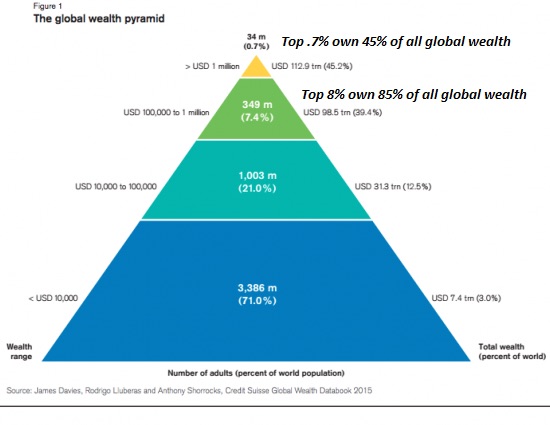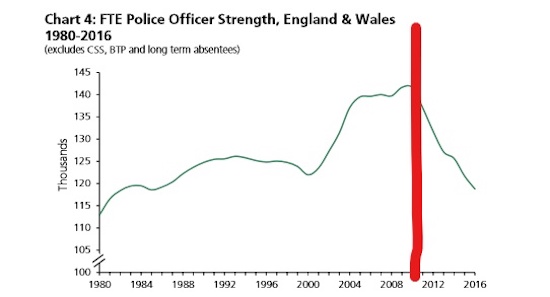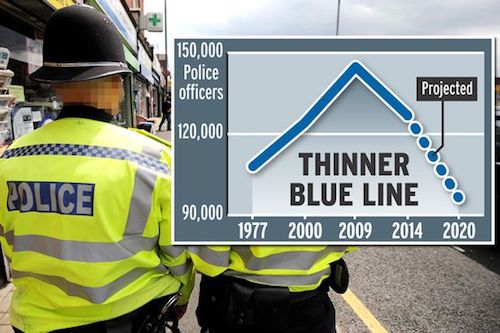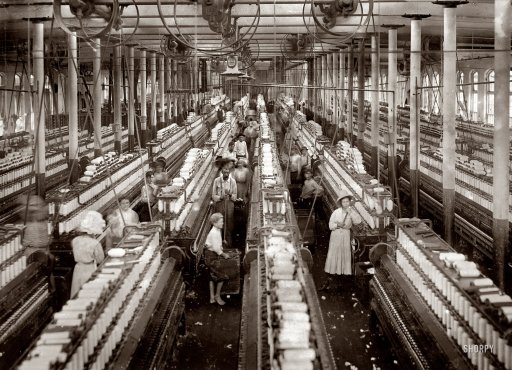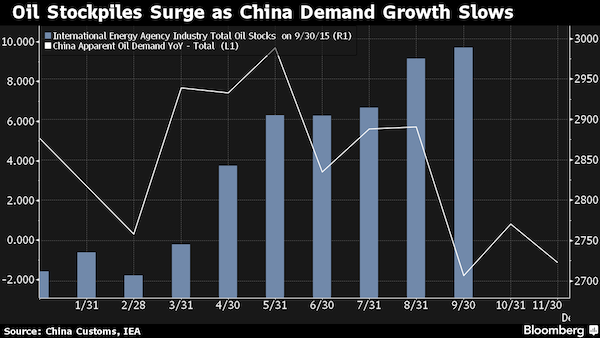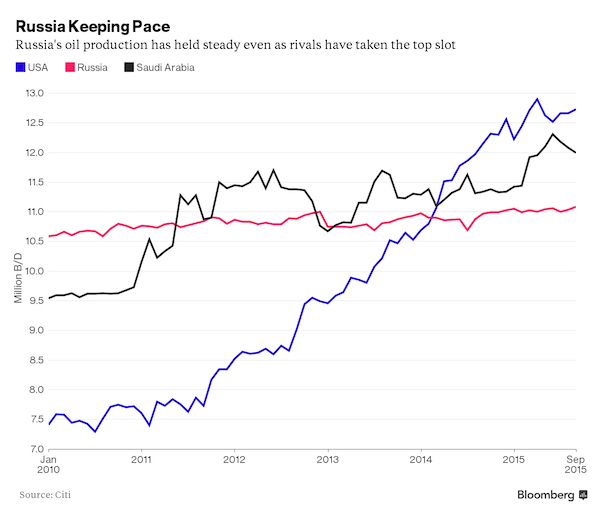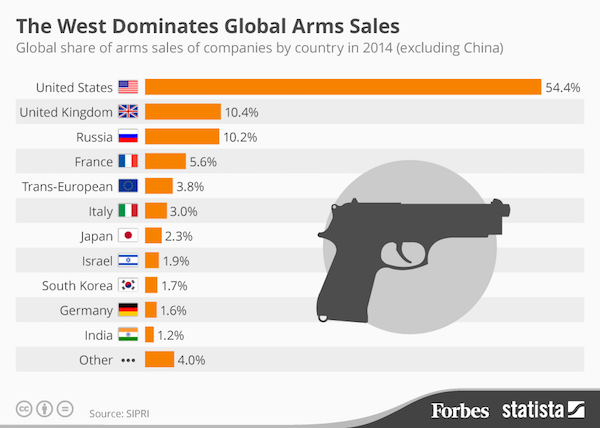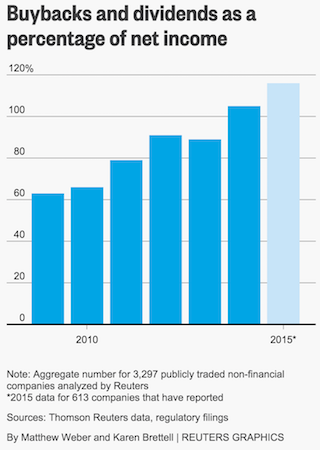
Gustave Courbet The cliffs of Étretat after the storm 1870

WallStreetBets is back up. Today could be epic.


Only loneliness is safe.

Hedge funds have lost many billions because other people have taken over their game.
• GameStop, AMC, 4 Other “Most Shorted Stocks” Jump 135% to 538% (WS)
What a hilarious show this zoo that has gone nuts has turned into. White House Press Secretary Jen Psaki came out today and said the White House “economic team including Secretary Yellen” were “monitoring the situation.” The situation being total utter mania in the most shorted stocks, such as GameStop and AMC. The SEC came out and said today it too is “actively monitoring” the options and equities markets. “Consistent with our mission to protect investors and maintain fair, orderly, and efficient markets…” which was when humongous laughter drowned out the rest. Did the SEC really say “efficient markets????” Hahahahaha. Fed Chair Jerome Powell, during the post-meeting press conference today, was asked right off the bat about the mania around GameStop and similar mania stocks, and he refused to comment.
This came after Alexandria Ocasio-Cortez tweeted in her inimitable style: “Gotta admit it’s really something to see Wall Streeters with a long history of treating our economy as a casino complain about a message board of posters also treating the market as a casino.” The mania revolves around the most shorted stocks, shorted by hedge funds that hoped to make a killing when those stocks collapse. Short sellers have to borrow the shares and sell them, hoping that their prices will collapse, and that they can buy them back for a song and close out their position with a huge profit. And a bunch of hedge funds jumped into this shorting of the-most-shorted-stocks business, and at one point the short interest of GameStop shares [GME] was over 140% of the float, which is ridiculous, and a sign that hedge funds were taking enormous risks.
They will all have to buy those shares to close out their positions. But who is going to sell them those shares? Well, folks figured this out, and they were ganging up on these hedge funds, organizing their Wall Street revolt on the social media, particularly on the WallStreetBets subreddit. Most of these stocks have a relatively small float – that’s why the hedge funds shorted them in the first place because stocks with a small float are a lot easier to manipulate, and Wall Street has long gotten fat off manipulating stocks. And those traders on Reddit also figured out that stocks with a small float are the easiest to manipulate if enough people got together. And they figured out that stocks that were massively shorted and didn’t have many sellers left could be driven up to the point where those that were short those stocks would panic-buy those stocks to cover their short positions and curtail their losses, and that panic buying, with no eager sellers on the other side, would trigger a huge surge in prices, which could wipe out those hated hedge funds.
Tucker Charles Payne GameStop
https://twitter.com/i/status/1354624888166772739

But if these people sell, the WallStreetBets game could be up.
• GameStop’s Three Largest Shareholders Earn Over $2bn Amid Stock Surge (G.)
The three largest shareholders in GameStop, the video game retailer at the center of a frenzied dual between Wall Street and small investors, have made more than $2bn from the company’s astronomic recent share rise. Stock in the company continued its vertiginous rise on Wednesday, hitting a fresh 52-week high of $354.83, making the 13% stake held by Ryan Cohen, 34, GameStop’s largest single shareholder, worth more than $1.3bn. Over the past two weeks, according to CNBC, Cohen’s net worth increased an average of $90m a day, or nearly $4m per hour, as GameStop stock has surged more than 1,550% this year alone. Other winners include Donald Foss, the 76-year-old founder and former CEO of Credit Acceptance Corp, a subprime auto lender. Foss bought 5% of GameStop early last year for around $12m. His stake is now worth more than $500m.
GameStop chief executive George Sherman has seen his 3.4% stake jump to a value of about $350m. On Reddit, where many of the small investors have strategized over their investments, small investors too have boasted of their outside gains from beating Wall Street. But some in Wall Street are also making huge gains. BlackRock, the world’s largest asset manager, owned 9.2m shares in GameStop at the end of December, according to a regulatory filing. If it still holds all those shares, they were worth more than $3bn on Wednesday. The gains comes as thousands of small investors have poured into the stock and forced Wall Street hedge funds, including Melvin Capital and Citron, which were betting on GameStop’s collapse, to take billions in losses.

Shouldn’t this have come from western leaders?
• Putin Calls Out Big Tech In Davos (RT)
Big Tech companies have become rivals to governments, but there are doubts over the benefits of their monopoly for society, Russia’s President Vladimir Putin said, during a virtual meeting of the annual World Economic Forum. “Where is the line between a successful global business, in-demand services and consolidation of big data – and attempts to harshly and unilaterally govern society, replace legitimate democratic institutions, restrict one’s natural right to decide for themselves how to live, what to choose, what stance to express freely?” Putin wondered.
Addressing the role of social media giants in the recent election in the US, the Russian leader pointed out that these companies “in some areas have de facto become rivals to the government.” Billions of users spend large parts of their lives on the platforms and, from the point of view of those companies, their monopolistic position is favorable for organizing economic and technological processes, Putin explained. “But there’s a question of how such monopolism fits the interest of society,” he stressed.

Oh please…
• US Weighing Action Against Russia For Navalny Detention – Blinken (ZH)
A day after the Senate confirmed President Biden’s nominee, veteran diplomat Antony Blinken, as the secretary of state, Blinken gave his first press conference Wednesday afternoon. Revealing where Biden’s foreign policy emphasis will be over the coming months, he came out swinging against Putin (who else?) and Russia (in addition to mention of Iran and China in the course of the briefing), voicing that the US is “deeply concerned” about jailed opposition activist and politician Alexei Navalny. Blinken said the US administration is now mulling “actions in response to his detention in Russia,” according to Reuters. He highlighted continued concerns for Navalny’s “security and safety”. To review, Navalny is serving a 30-day jail sentence for skipping probation related to a 2014 criminal conviction.
He recently returned to Moscow from Berlin where he had been recovering from an alleged nerve agent poisoning in August. He and German investigators have claimed it was part of a Russian intelligence assassination attempt on orders from Putin, with the Russian president brushing off the accusations given Navalny is “not important enough” to be a target of state security and intelligence services. Navalny is now urging his supporters to the streets in defiance of the government. “We have a deep concern for Mr. Navalny’s safety and security and the larger point is that his voice is the voice of many, many, many Russians and it should be heard, not muzzled,” Blinken said in his statements, also noting the US is not ruling out any punitive action on the table.
He further said he finds it striking that the Putin government is so “frightened of one man, Mr. Navalny” – in an echo of earlier comments he made. Blinken said in the press briefing: “It remains striking to me how concerned and maybe even scared the Russian government seems to be of one man, Mr. Navalny.” He said the Biden White House is closely watching the human rights situation inside Russia, following Saturday protests where hundreds were reportedly detained in demonstrations and clashes with police which were deemed ‘unauthorized’.[..] “Blinken said at his first press briefing after being sworn in that the Biden administration was reviewing how to respond to actions by Russia, including the alleged use of chemical weapons in an attack on Navalny, the Solar Winds cyber attack, reports of bounties on American forces and interference in U.S. elections.”

Looks good at face value.
But WSJ: “U.S. officials said it isn’t unusual for a new administration to review arms sales approved by a predecessor, and that despite the pause, many of the transactions are likely to ultimately go forward.”
• Biden Freezes Arms Sales To Saudis & UAE (ZH)
On Wednesday the Biden administration issued a freeze of all US arms sales to Saudi Arabia and the United Arab Emirates at a moment Congressional scrutiny of America’s support to the Saudi-led coalition waging war in Yemen grows. US involvement in the war goes all the way back to the Obama administration, with Trump also in the last months of his presidency approving billions in new arms sales to the kingdom. In particular Lockheed Martin produced F-35 stealth fighters that were set to be transferred to the UAE the have been “temporarily” blocked along with munitions to the Saudis, among other sales. Prior reports suggested the prior Trump deal was to send as many as 50 advanced F-35 fighters to the UAE.
The AP cited officials who identified “that among the deals being paused is a massive $23 billion transfer of stealth F-35 fighters to the United Arab Emirates.” “That sale and several other massive purchases of U.S. weaponry by Gulf Arab countries had been harshly criticized by Democrats in Congress,” the report added. The State Department said of the “temporary pause” that it is “temporarily pausing the implementation of some pending U.S. defense transfers and sales under Foreign Military Sales and Direct Commercial Sales to allow incoming leadership an opportunity to review.” And Axios further details that “The sales of F-35 jets and attack drones to the UAE and a large supply of munitions to Saudi Arabia will be paused pending a review.” It added that it “signals a major policy shift from the Trump era, and may herald sharp tensions with both Gulf countries.”

Well, yes, a unity where they get to call all the shots.
• Do The Democrats Really Want Unity? (Turley)
Democrats are moving aggressively to muscle through an ambitious agenda in Congress that may raise serious constitutional questions and cause even greater political divisions. After noon, the real President Biden set to work on a host of executive orders. In the first two days, Biden signed almost three dozen new executive orders, ranging from stopping deportations of undocumented persons to extending a freeze on student loan payments, from mandating mask-wearing to guaranteeing access by transgender children to bathrooms and sports. Some of these executive orders, if implemented directly, could be challenged in court. However, Trump and other modern presidents have increasingly used such orders to set new priorities and policies.
What is happening on Capitol Hill is far more concerning. Democratic leaders are pushing Biden to act unilaterally, as did President Obama when faced with a divided Congress. Obama actually used his State of the Union address to declare his intent to circumvent the legislative branch after it refused to pass his legislation in areas such as the environment and immigration. Senate Majority Leader Chuck Schumer (D-N.Y.) and other Democrats have called on Biden to simply cancel student debt up to $50,000 per student, wiping out billions in debt and potential federal revenue. That is a major unilateral decision when the national debt is approaching $28 trillion — one done without debate or deliberation. (In fairness, students are being crushed by such debt during the pandemic and, more importantly, Congress previously gave broad authority to the Education secretary over debt management.)
Other calls for sweeping new decisions, from immigration to wealth distribution, are more concerning. Democrats insist they won both houses and the White House and, as President Obama once said, “elections have consequences.” However, this election was not an overwhelming victory or endorsement. Rather, it shows a country divided virtually down the middle. While voters clearly rejected Trump and his controversial leadership, they voted widely for Republicans down the ticket. The House saw a significant loss of Democratic seats and has one of the slimmest majorities in modern history. The Senate is divided literally in half, and a majority is only possible with Vice President Harris voting to break ties on the floor.
Clearly, voters did not support the agenda of the far left, and many seem to have preferred divided government. Yet, many on the left do not want to wait for a broader mandate to implement sweeping changes. They are pushing for the District of Columbia to be made a state, likely adding a two-vote majority for Democrats in the Senate. At the same time, there is a push to end the filibuster. Many Democrats are calling for Schumer to end that long-standing protection of minority rights in the Senate. Schumer has refused to guarantee that he will protect the filibuster tradition, even though he demanded that it be preserved during years of Republican Senate control.

“Indian lands are not federal public lands. Any actions on our lands and interests can only be taken after effective tribal consultation.”
• Indian Tribe: Biden Just ‘Attacked’ Our Sovereignty (TH)
The Ute Indian Tribe, the second largest Indian reservation in the United States, sent a letter to Acting Secretary of the Interior Scott de la Vega about President Joe Biden’s executive order that put a 60-day moratorium on permits relating to onshore and offshore oil and gas development. Those permits also include drilling. According to the Tribe’s Chairman, Luke Duncan, the executive order will have a harmful impact on his people. He is asking for the Department of the Interior to make an exemption to the order, allowing for permits to take place on tribal lands. “Your order is a direct attack on our economy, sovereignty, and our right to self-determination,” Duncan wrote. “Indian lands are not federal public lands. Any actions on our lands and interests can only be taken after effective tribal consultation.”
Duncan called on de la Vega to either completely withdraw the executive order or amend it so tribal sovereignty laws are respected. Last year, Congress passed the Great American Outdoors Act, which reallocates fees from drilling on Bureau of Land Management lands to the National Parks Service and National Forest Service. The money is used for maintaining those parks and forests. According to the Colorado Sun, BLM currently has 26.3 million acres under lease to oil and gas producers. Not having new permits threatens conservation efforts across the country.

That should make him popular…
• Proud Boys Leader Was ‘Prolific’ Informer For Law Enforcement (R.)
Enrique Tarrio, the leader of the Proud Boys extremist group, has a past as an informer for federal and local law enforcement, repeatedly working undercover for investigators after he was arrested in 2012, according to a former prosecutor and a transcript of a 2014 federal court proceeding obtained by Reuters. In the Miami hearing, a federal prosecutor, a Federal Bureau of Investigation agent and Tarrio’s own lawyer described his undercover work and said he had helped authorities prosecute more than a dozen people in various cases involving drugs, gambling and human smuggling. Tarrio, in an interview with Reuters Tuesday, denied working undercover or cooperating in cases against others. “I don’t know any of this,” he said, when asked about the transcript. “I don’t recall any of this.”
Law-enforcement officials and the court transcript contradict Tarrio’s denial. In a statement to Reuters, the former federal prosecutor in Tarrio’s case, Vanessa Singh Johannes, confirmed that “he cooperated with local and federal law enforcement, to aid in the prosecution of those running other, separate criminal enterprises, ranging from running marijuana grow houses in Miami to operating pharmaceutical fraud schemes.” Tarrio, 36, is a high-profile figure who organizes and leads the right-wing Proud Boys in their confrontations with those they believe to be Antifa, short for “anti-fascism,” an amorphous and often violent leftist movement. The Proud Boys were involved in the deadly insurrection at the Capitol January 6.

The vaccine wars have started. Get yourself some vitamin D.
• German Minister Sees COVID19 Vaccine Shortage Well Into April (R.)
Germany’s health minister said on Thursday he expects the current shortage of coronavirus vaccines to continue well into April, as the government faced new criticism over the pace of its vaccination programme. “We will still have at least 10 tough weeks with a shortage of vaccine,” Jens Spahn said in a Tweet, adding that he wanted to call a summit of federal and regional leaders in Germany to discuss vaccinations. On Thursday, Germany’s top-selling Bild newspaper described the problems around procuring enough vaccines as a “scandal”. Spahn said he wanted to invite pharmaceutical companies and the manufacturers of vaccines to a meeting, to make sure that Europe gets its fair share of shots and to see where it was possible to do more to support the process.
He added that he recognised that producing vaccines was very complicated and building up production could not just be done in a few weeks if quality standards were to be upheld. On Tuesday, Spahn supported European Union proposals to set up a register of exports of COVID-19 vaccines, as tensions grow with AstraZeneca and Pfizer over sudden supply cuts just a month after the bloc started vaccinating citizens. Germany reported 17,553 new coronavirus cases on Thursday, bringing the total to 2,178,828, and another 941 deaths. [..] Germany is preparing entry restrictions for travellers from Britain, Brazil and South Africa, the interior ministry said on Thursday, as concerns of more contagious coronavirus variants are rising.

800 million rural population.
• Farmers’ Protests Reflect Existential Crisis of Indian Agriculture (OffG)
With over 800 million people, rural India is arguably the most interesting and complex place on the planet but is plagued by farmer suicides, child malnourishment, growing unemployment, increased informalisation, indebtedness and an overall collapse of agriculture. Given that India is still an agrarian-based society, renowned journalist P Sainath says what is taking place can be described as a crisis of civilisation proportions and can be explained in just five words: hijack of agriculture by corporations. He notes the process by which it is being done in five words too: predatory commercialisation of the countryside. And another five words to describe the outcome: biggest displacement in our history.
In late November 2018, a charter was released by the All India Kisan Sangharsh Coordination Committee (an umbrella group of around 250 farmers’ organisations) to coincide with the massive, well-publicised farmers’ march that was then taking place in Delhi. The charter stated: “Farmers are not just a residue from our past; farmers, agriculture and village India are integral to the future of India and the world; as bearers of historic knowledge, skills and culture; as agents of food safety, security and sovereignty; and as guardians of biodiversity and ecological sustainability.” The farmers stated that they were alarmed at the economic, ecological, social and existential crisis of Indian agriculture as well as the persistent state neglect of the sector and discrimination against farming communities.
They were also concerned about the deepening penetration of large, predatory and profit hungry corporations, farmers’ suicide across the country and the unbearable burden of indebtedness and the widening disparities between farmers and other sectors. The charter called on the Indian parliament to immediately hold a special session to pass and enact two bills that were of, by and for the farmers of India. If passed by parliament, among other things, the Farmers’ Freedom from Indebtedness Bill 2018 would have provided for the complete loan waiver for all farmers and agricultural workers.
The second bill, The Farmers’ Right to Guaranteed Remunerative Minimum Support Prices for Agricultural Commodities Bill 2018, would have seen the government take measures to bring down the input cost of farming through specific regulation of the prices of seeds, agriculture machinery and equipment, diesel, fertilisers and insecticides, while making purchase of farm produce below the minimum support price (MSP) both illegal and punishable.

And anyone else you don’t like.
• Twitter Releases New Community-Based Tool To Find Witches (BBee)

SALEM, MA—In a new, innovative way to handle the growing problem of witchcraft, Twitter’s Salem division has now released a community-based tool, Witchwatch, to crowdsource witch identification. “Instead of having all the decision-making of who is and who isn’t a witch in the hands of a few magistrates,” said Chief Magistrate William Stoughton, “we’re going to empower the community to identify all those who have had congress with the devil.” Anyone can apply to be a part of Witchwatch (though those who have previously been accused of witchcraft will be disqualified).
Participants in Witchwatch will receive a form on which they can write down suspected witches, supporting each accusation with evidence of witchcraft, such as unexplained illness or failing crops. = If enough different individuals accuse the same person of witchcraft, that person will have a “suspected witch” warning accompanying everything he or she says. And with even more accusations, the suspect will be burned at the stake.= “It’s a great system that’s already correctly identified witches in a few test markets,” Stoughton said. “We’ll soon release it throughout all of Salem and then hopefully after that, it can be used to combat the problem of witches worldwide.”

We try to run the Automatic Earth on donations. Since ad revenue has collapsed, you are now not just a reader, but an integral part of the process that builds this site. Thank you for your support.



Support the Automatic Earth in 2021. Click at the top of the sidebars to donate with Paypal and Patreon.



